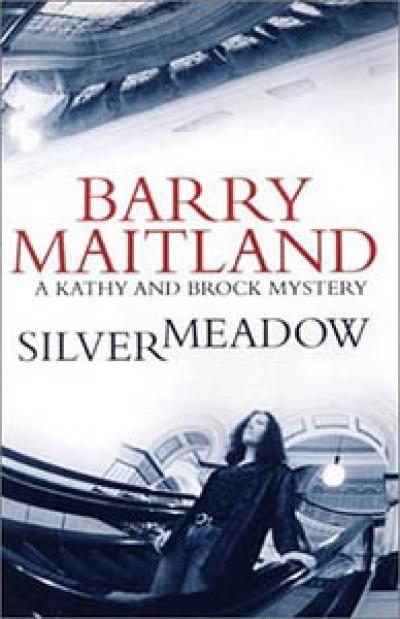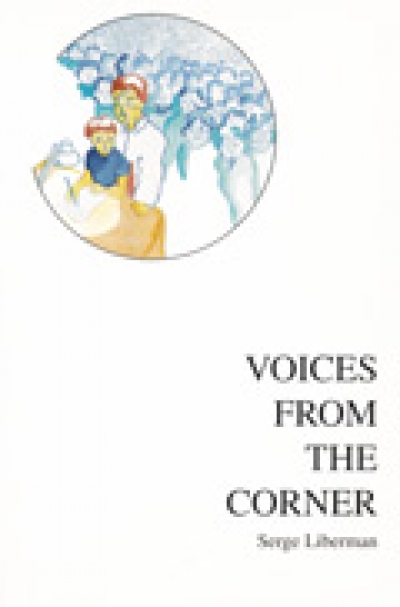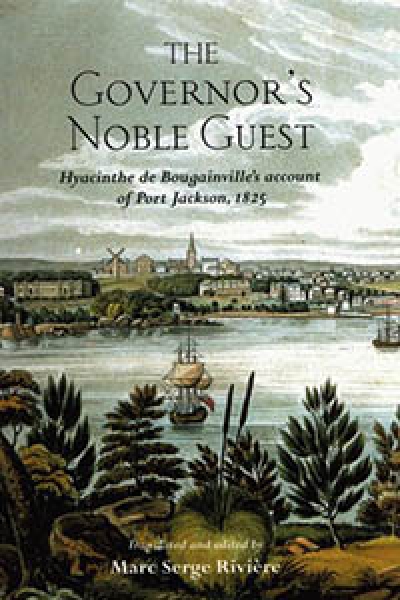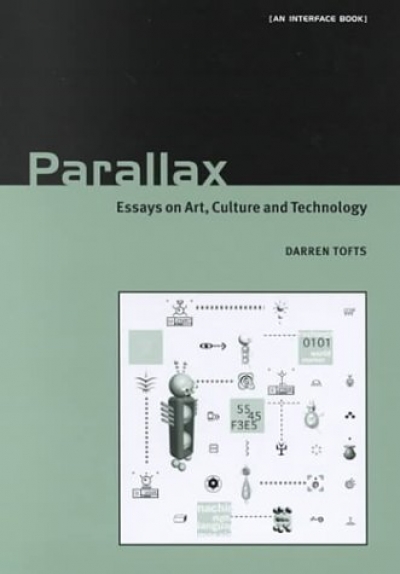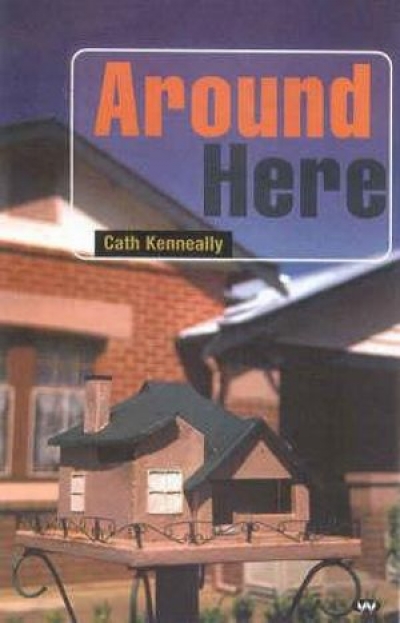Archive
Beautiful Veins by Mal Morgan & Fighting in the Shade by Peter Kocan
Silver Meadow by Barry Maitland & An Uncertain Death by Carolyn Morwood
The Governor’s Noble Guest: Hyacinthe de Bougainville’s account of Port Jackson, 1825 edited by Marc Serge Rivière
Parallax: Essays on Art, Culture and Technology by Darren Tofts
Unfree Associations: Inside psychoanalytic institutes by Douglas Kirsner
There are many competitions for short story writing in Australia but few for reviewing. Indeed the Geraldine Pascall Prize is the only one that comes to mind, which was fust won by Marion Halligan, regular reviewer for The Canberra Times and ABR, and, more recently, was won by Andrew Riemer, lead reviewer for the Sydney Morning Herald and regular reviewer for ABR. The Pascall Prize is awarded by a panel of judges who consider the published reviews of candidates, so is awarded for body of work and overall contribution to the reviewing world.
... (read more)I first heard of Martin Boyd at a dinner party in the Cotswolds in the early 1980s. At the time I was adapting a novel by Rosamond Lehmann for the BBC, an enterprise with unexpected hazards, as Rosamond was very much alive and keen to be involved in the process. I had just begun my account of driving to the studio with Rosamond – a formidable and still beautiful woman, who relied on God to solve her parking problems – when the guest of honour, sitting opposite me, interrupted.
... (read more)

